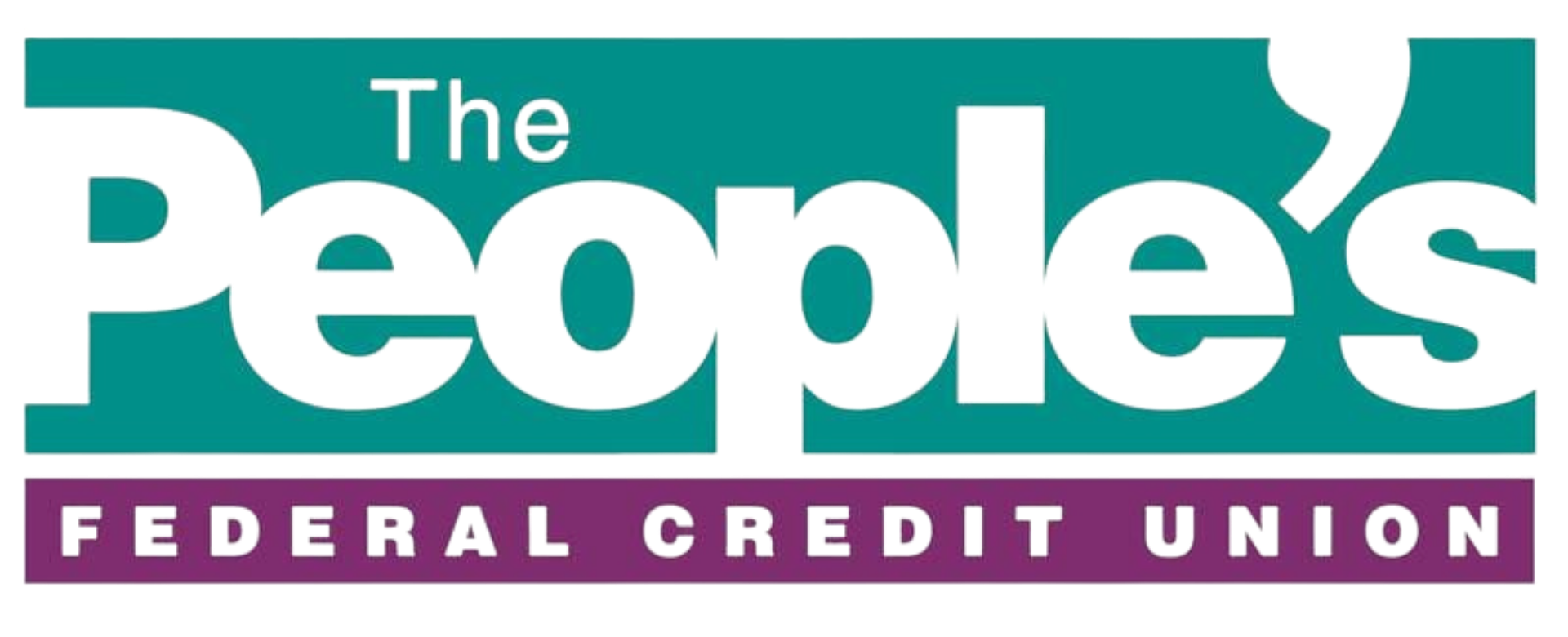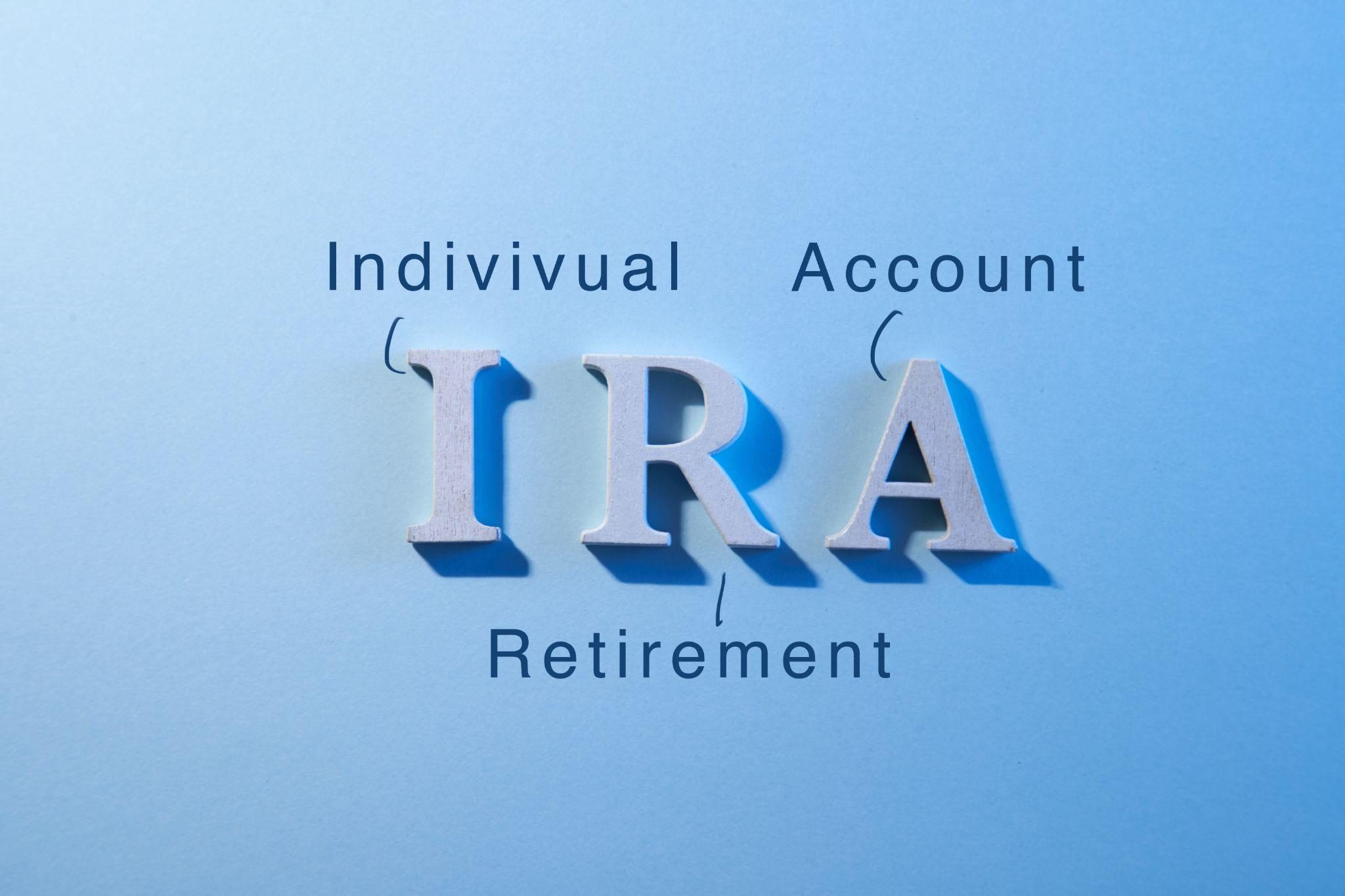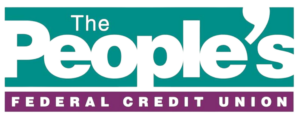An individual retirement account (IRA) is a versatile retirement savings account that allows individuals to set aside money for their future while enjoying significant tax advantages. These accounts are especially beneficial for:
- Individuals who don’t have access to an employer-sponsored retirement plan, like a 401(k)
- Self-employed individuals
- Small business owners looking to provide retirement options for themselves and their employees
IRAs serve as a valuable tool for building a retirement nest egg. By contributing regularly, you can take advantage of tax-deferred or tax-free growth, depending on the type of IRA you choose. While the exact rules vary between types, the primary goal of all IRAs is to help you save for retirement and secure financial independence.
How Do IRAs Work?
An IRA works by allowing you to save and invest money in a tax-advantaged account. The contributions you make, the way they’re taxed, and the rules for withdrawals vary depending on the type of IRA. However, here are the fundamental aspects of how IRAs function:
- Contributions
You can deposit funds into an IRA up to annual limits set by the IRS. These limits may vary based on your income and whether you’re covered by a workplace retirement plan.
Contributions may be pre-tax (e.g., traditional IRA) or post-tax (e.g., Roth IRA), impacting how and when your money is taxed. - Investment Growth
Your IRA funds can be invested in various assets, such as stocks, bonds, mutual funds, and ETFs. Over time, these investments generate returns, allowing your account to grow.
The tax advantages of IRAs enable your investments to grow more efficiently, as you won’t owe taxes on gains until withdrawal (or not at all in some cases). - Withdrawals
IRAs are designed for retirement, so withdrawing funds before age 59½ may result in penalties and taxes. However, certain exceptions exist for specific circumstances, like education or first-time home purchases.
Traditional IRAs require you to take required minimum distributions (RMDs) starting at age 73, while Roth IRAs do not have RMDs during the account holder’s lifetime. - Tax Benefits
The tax treatment of your contributions and withdrawals depends on the type of IRA. Traditional IRAs provide immediate tax savings, while Roth IRAs offer tax-free withdrawals in retirement.
SEP and SIMPLE IRAs cater to small business owners and self-employed individuals, combining tax benefits with higher contribution limits.
IRAs are an essential component of a retirement strategy, offering flexibility, investment opportunities, and significant tax advantages to help you achieve your financial goals.
What Are the Benefits of IRAs?

IRAs are an excellent tool for retirement planning, offering a variety of advantages:
- Tax Savings: Traditional IRAs can reduce your taxable income now, while Roth IRAs provide tax-free withdrawals later. Both options help your savings grow faster through tax-deferred or tax-free compounding.
- Investment Flexibility: IRAs allow you to invest in a broad range of assets, including mutual funds, ETFs, and individual stocks. This diversification helps manage risk and optimize returns over time.
- Accessibility: Unlike employer-sponsored plans, IRAs are available to everyone, regardless of whether they have a workplace retirement account.
- Higher Contribution Limits for Business Owners: SEP and SIMPLE IRAs allow small business owners and self-employed individuals to contribute significantly more than standard IRAs, making them ideal for those who need to maximize their retirement savings.
- Estate Planning: Roth IRAs, with no RMD requirements, can be used as a tool for transferring wealth to heirs in a tax-efficient manner.
Whether you’re just starting to save or nearing retirement, the benefits of IRAs make them a critical part of any financial plan.
What IRA Is Right for You?
Choosing the right type of IRA depends on your financial situation, tax preferences, and long-term goals. Let’s explore the main types of IRAs and how they align with different needs:
Roth IRAs
Roth IRAs are funded with post-tax dollars, so you pay taxes upfront. The key benefit is that your investments grow tax-free, and withdrawals in retirement are not taxed.
Best for: Individuals who expect to be in a higher tax bracket in retirement or want the flexibility of tax-free income.
Considerations: Income limits apply, so eligibility may depend on how much you earn.
Traditional IRAs
Traditional IRAs allow you to make pre-tax contributions, which may lower your taxable income now. Withdrawals during retirement are taxed as ordinary income.
Best for: Individuals who want to reduce their tax liability today and expect to be in a lower tax bracket in retirement.
Considerations: Required minimum distributions (RMDs) begin at age 73, and early withdrawals may incur penalties.
SIMPLE IRAs
Savings Incentive Match Plan for Employees (SIMPLE) IRAs are designed for small business owners and self-employed individuals. Employers must contribute either a flat 2% of compensation for all employees or match employee contributions up to 3%.
Best for: Small business owners looking for a straightforward retirement plan with higher contribution limits.
Considerations: Employees should factor in employer contributions as part of their overall retirement savings strategy.
SEP IRAs
Simplified Employee Pension (SEP) IRAs cater to small business owners and self-employed individuals. Employers make all contributions, which are tax-deductible.
Best for: Business owners or freelancers who want to contribute more than standard IRA limits allow.
Considerations: Contributions must be equal for all employees, so it’s best for businesses with a small team.
IRA CDs
An IRA certificate of deposit (IRA CD) combines the benefits of an IRA with the stability of a CD. Your money is locked in for a set term at a fixed interest rate, providing predictable returns.
Best for: Conservative investors or those nearing retirement who prioritize preserving capital.
Considerations: IRA CDs typically offer lower returns than riskier investment options.
Educational IRAs (Coverdell Education Savings Accounts)
Educational IRAs, also known as Coverdell ESAs, are not specifically for retirement but are designed to save for qualified educational expenses. Contributions grow tax-free, and withdrawals used for education costs are also tax-free.
Best for: Parents or guardians saving for a child’s future education.
Considerations: Contribution limits are lower than other IRAs, and funds must be used by the beneficiary’s 30th birthday.
Ready to Secure Your Financial Future?
Saving for retirement is one of the most important financial steps you can take, and choosing the right IRA is essential to achieving your goals. Whether you’re planning for your retirement, seeking tax advantages, or looking for low-risk investment options, we’re here to help you make the best choice.
At The People’s Federal Credit Union, we offer a variety of IRA solutions, including Traditional IRAs, Roth IRAs, IRA CDs, and Educational IRAs, to meet your specific needs. Our team of experienced professionals is dedicated to helping you navigate the options, understand the benefits, and open an account that works for you.
Take the first step toward building your financial future today! Visit your nearest branch, call us at 806-359-8571, or schedule a consultation with one of our friendly advisors. Whether you’re just starting to save or looking to expand your existing retirement plan, we’re here to provide the tools and support you need to succeed.
Don’t wait to secure the retirement and peace of mind you deserve. Let’s build a brighter financial future together!








